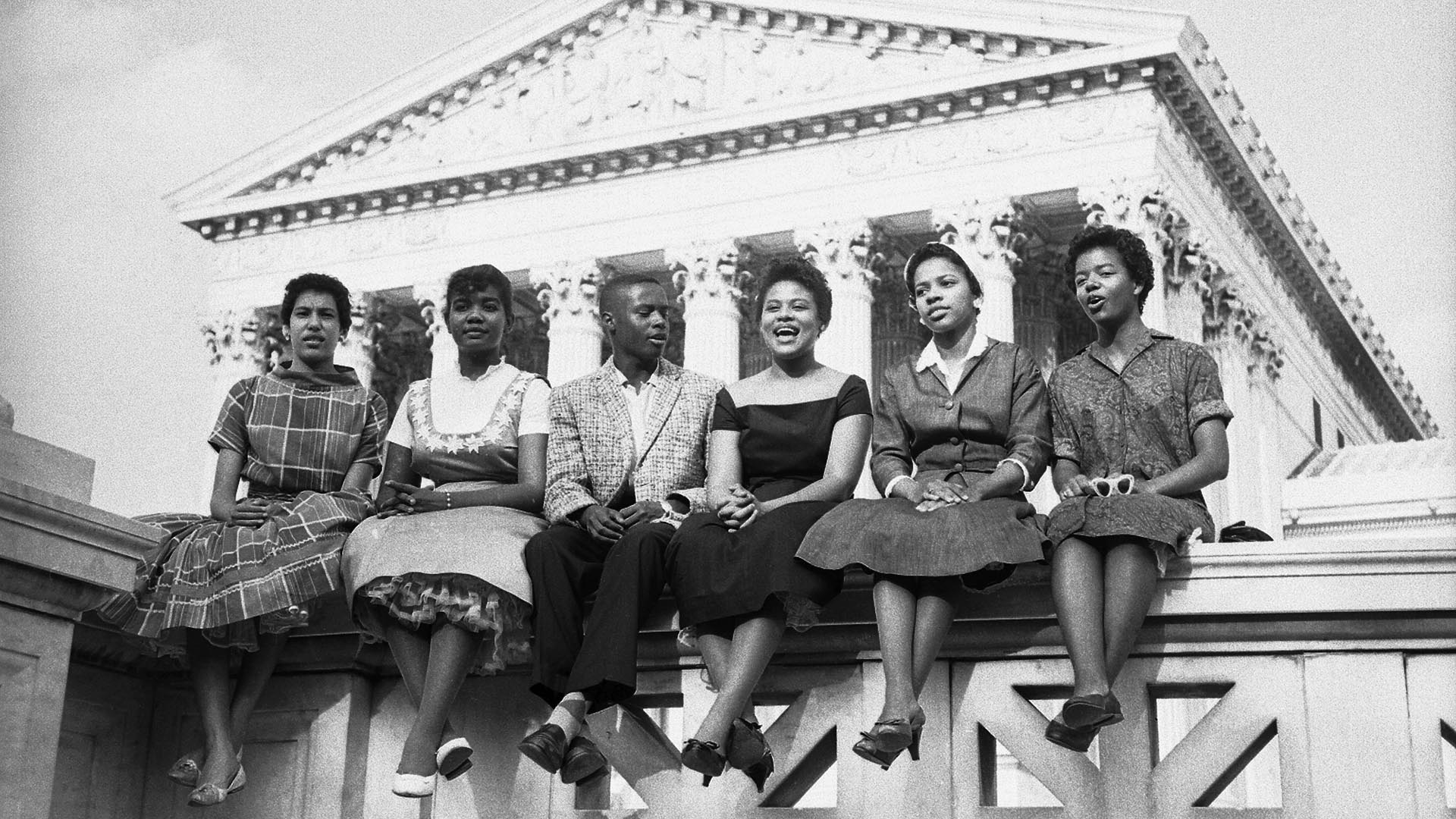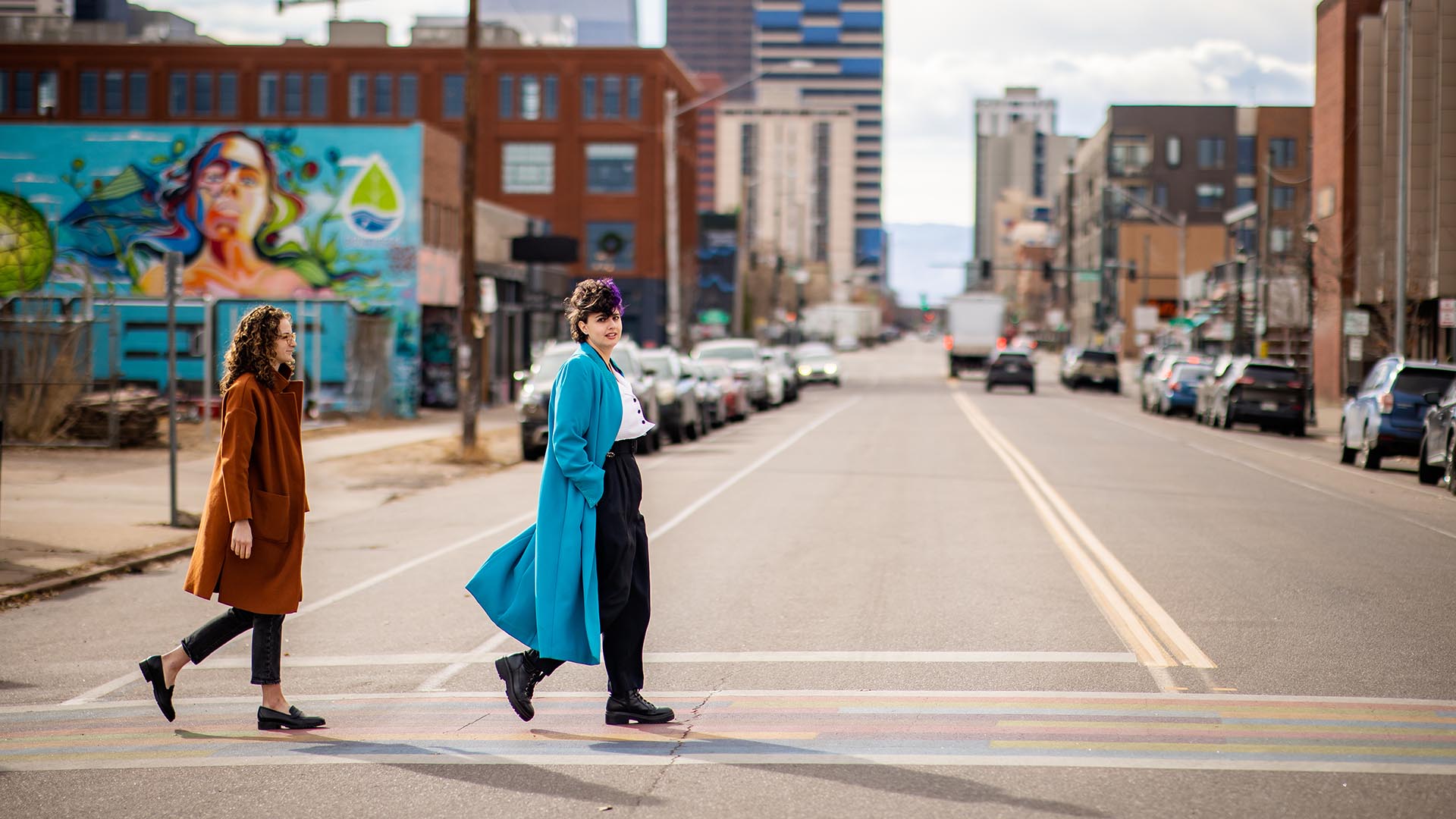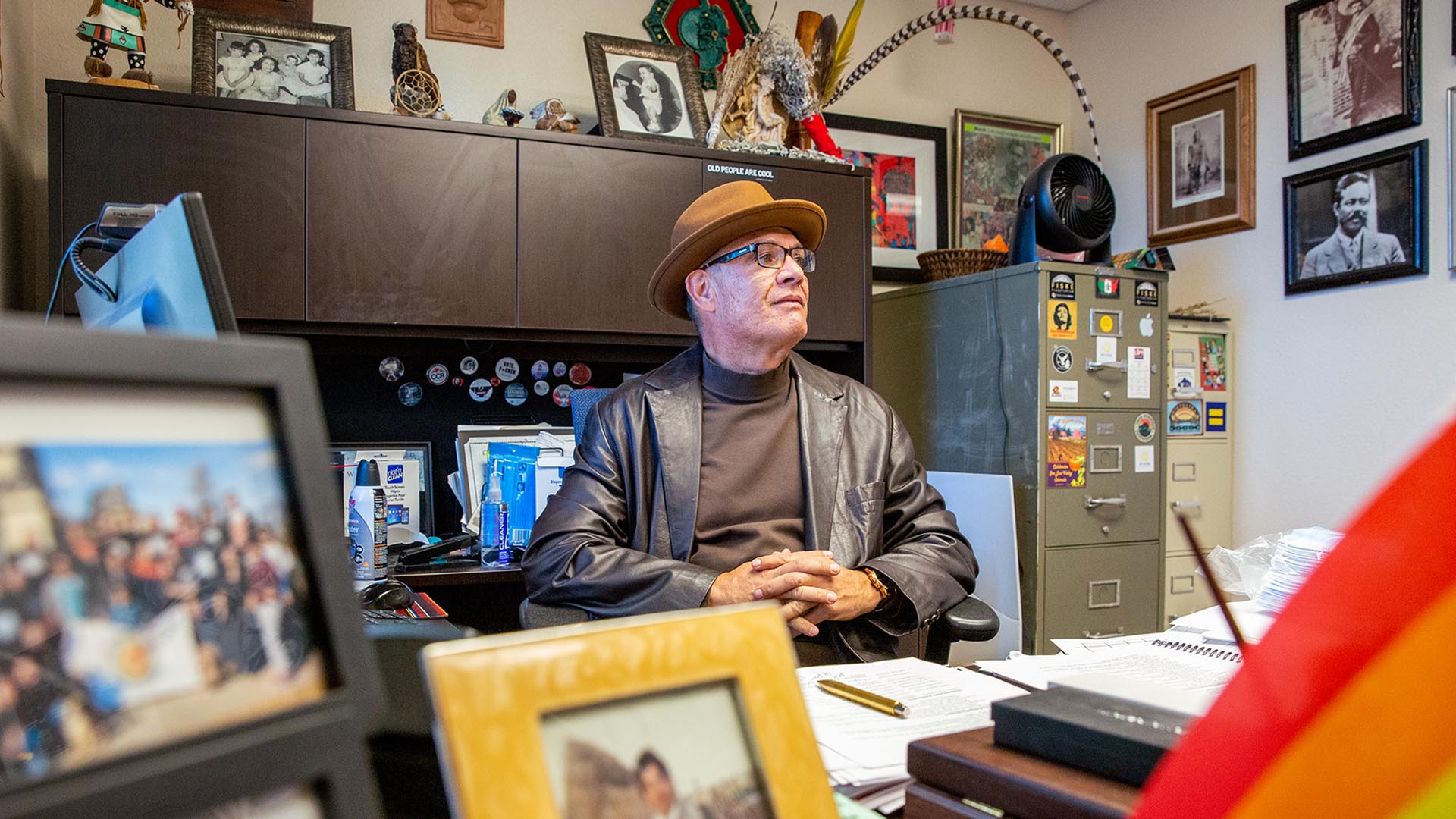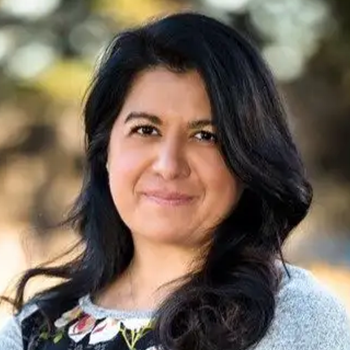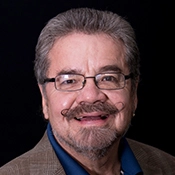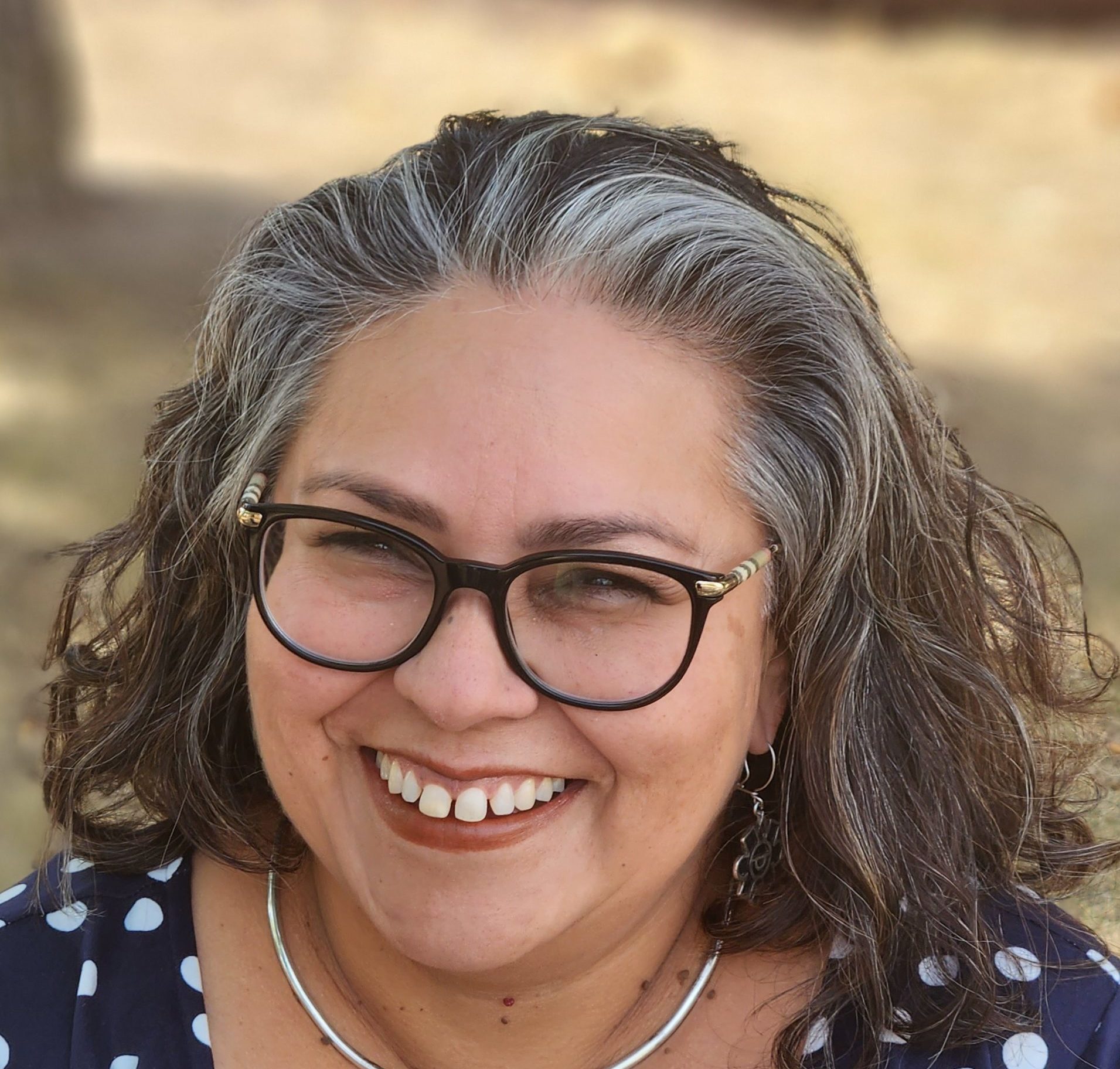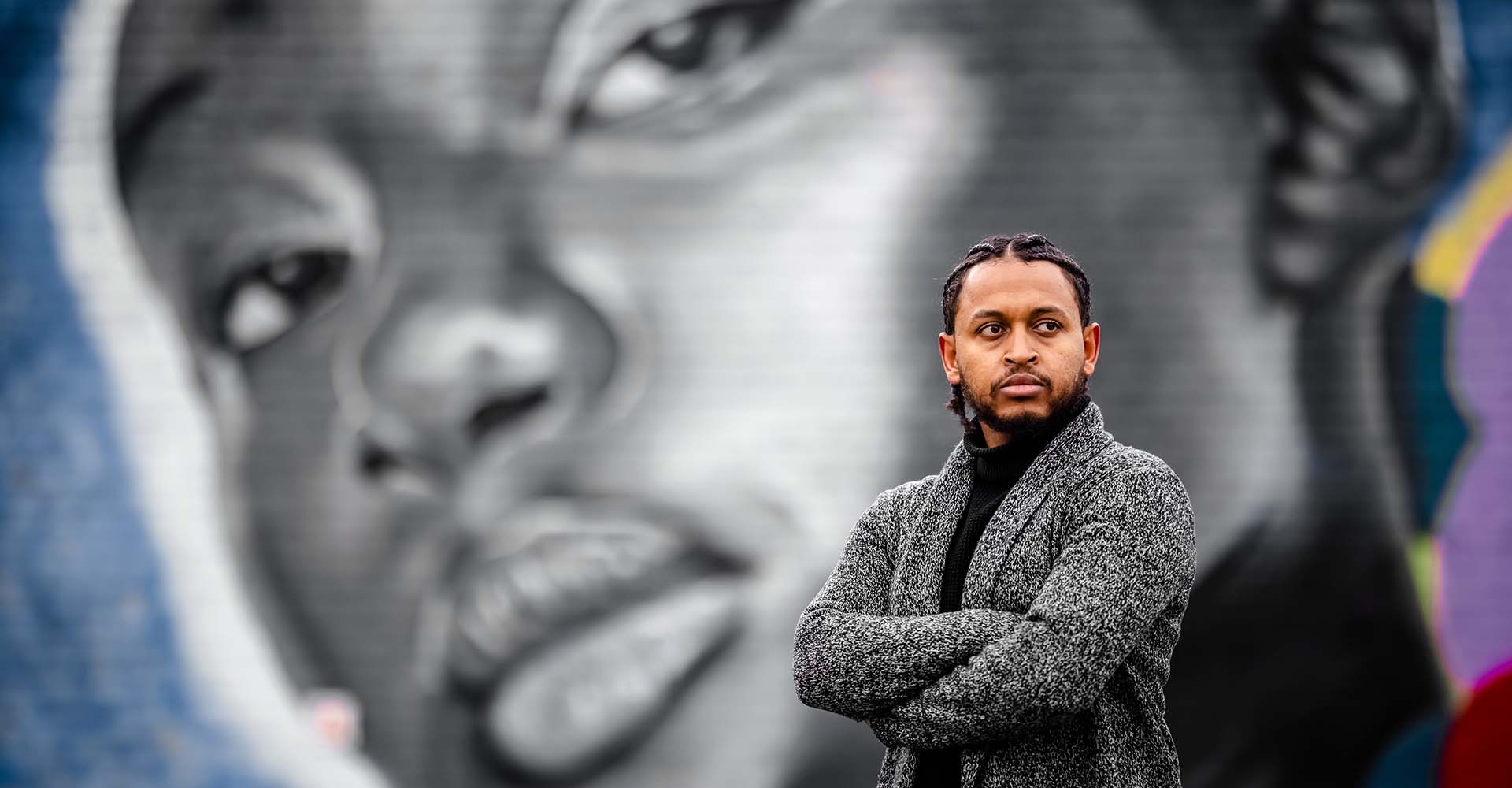
Like millions around the world, Agazi Abay watched on television as George Floyd was slowly choked to death by a Minneapolis police officer last May, so desperate as he lost consciousness that Floyd cried out for his deceased mother.
The powerful emotions that welled within Abay’s soul could not be contained — shock, disgust, dismay and horror among them.
“I was angry that something like this could actually happen,” Abay said. “I had to do something. That’s when I decided to join the local peaceful protests and committed to stay involved until changes were made.”
It wasn’t long before those peaceful protests turned violent. Police, in an attempt to quell the uproar, responded with force by deploying tear gas, pepper spray, flash-bang grenades, rubber bullets and beanbag shotguns. But it only escalated the situation.
Abay, a student at Metropolitan State University of Denver who is pictured above in front of a mural of the late Black Lives Matter activist Oluwatoyin “Toyin” Salau, was one of four Denver residents to file a lawsuit against the City of Denver, alleging their constitutional rights were violated by excessive use of force. On June 5, Federal Judge R. Brooke Jackson issued a temporary restraining order against the Denver Police Department, restricting police from using projectiles and chemical agents against peaceful protesters. Later that month, the city agreed to limit how officers can use force against protesters as the case winds its way through the courts.
“I was mentally, emotionally and physically exhausted, but at least something was being done on a micro level to stop the police from hurting us as we exercised our First Amendment rights to peacefully protest,” Abay said.
That Abay, an Africana Studies major, is at the forefront of the anti-racism movement isn’t surprising. Polls show that Generation Z and millennials – teenagers and adults ages 13–39 — overwhelmingly support it. A survey conducted by the social networking app Yubo found in June that nearly 90% of Gen Z respondents support Black Lives Matter and believe Black Americans are treated differently from others. In another survey by marketing research firm YPulse, millennials listed civil rights as the cause they’re most passionate about.

They’re backing up their beliefs with action, participating in protests and using social media to expand their reach and to organize.
“Organizers have been creative in using online platforms like Instagram to reach our generation,” said Chantel Merriex, a senior entrepreneurship major at MSU Denver. “We can participate in various campaigns, post our support, patch in to ground-level activities, donate or volunteer. Not only that, we can keep the movement going and not let the effort die out. That’s very important.”
Reimagining the moment
Colorado state Rep. James Coleman of Denver agrees that sustainability is critical. He has supported and participated in peaceful protests, urging young people to get involved.
“We don’t need another death to maintain momentum,” Coleman said. “This generation does not simply watch the news. They are creating, participating and living it. At the core of these protests is their intent to finally address 400 years of gaps — wealth, education, opportunity and dignity.”
And Gen Z members are addressing those gaps not just by participating in protests. They’re volunteering in their communities, helping to lift up neighbors who struggle with poverty, food insecurity,homelessness, unemployment and other social problems that studies show are worsened by systemic racism.
When Xan Bennefield, a visual-design and marketing student at MSU Denver, attended racial justice protests in Denver in June, she spent part of her time distributing food to homeless residents who congregated in the area where protesters gathered.

Bennefield also volunteers with the African American Youth Leadership Conference, a nonprofit organization that strives to empower and educate young people to become critical thinkers and responsible citizens and to embrace the traditions and cultures of their communities.
“History will continue to repeat itself if people don’t educate themselves,” she said.
Gen Z is reimagining the movement for social justice in a toxic political environment.
Activists say that this, along with the killing of unarmed Black men and women at the hands of police, including 23-year-old Elijah McClain in Aurora, substantiate the Black Lives Matter movement, which emerged after the death of Trayvon Martin in 2012 and the killing of Michael Brown in 2014.
Yet, coursing just beneath the surface, an interesting dynamic has begun to take root this year, said Quincy Shannon, a community activist in Denver. A younger generation of multiracial leaders is beginning to move in a different direction, he said.
“They are beginning to organize events on their own terms, and they are reimagining what peaceful protests look like. And they may not necessarily mirror those of the past,” Shannon said. “For them, it is bigger than police reform. They are seeking a more comprehensive cultural shift.”
Power through perspective
The level of systemic change that young activists demand may be farther out on the horizon than they might presuppose, said Devon Wright, Ph.D., an assistant professor in the Department of Africana Studies at MSU Denver.
“I’m not sure whether protests, in and of themselves, will lead to the widespread change we seek,” Wright said. “Black people have been reporting these kinds of police incidents for decades, if not centuries.”
Wright is teaching several courses on the BLM movement as it relates to current and historical events.
A new course offered this fall, BLM and COVID-19, explores the Black Lives Matter movement in the context of the ongoing pandemic, including how systemic racism leads to health disparities.
Another course, Social Movements and the Black Experience, takes a historical view to help students understand the chronology of events that have brought the African American population, and the country, to today’s social realities. In other words, how did we get here?
“It was important to lay a foundation by reviewing the pre- and post-civil rights years and the rise of both civil disobedience and nonviolent protesting,” Wright said.
Social justice is also a key focus of MSU Denver’s Criminal Justice and Criminology program, which takes a balanced approach to understanding systemic problems in the criminal justice system, said department Chair Henry Jackson, Ph.D.
Pointing to research that shows college-educated officers generate fewer citizen complaints and are less likely to use force, police reform advocates have long called for a college-educated force, with officers holding a bachelor’s degree or higher. However, only about a third of officers nationally have attained that level of education, according to a survey from the National Police Foundation.
“This is a good opportunity for the University and our department to continue educating future officers,” Jackson said.
MSU Denver has a solid record of achievement as a pioneer and trailblazer in diversity and inclusiveness. It launched the Africana Studies Department in the 1960s, the Chicana/o Studies program in the early 1970s and the LGBTQ Center in the 1990s. It is also classified as a Hispanic-Serving Institution.
In June, the University’s Board of Trustees issued a resolution committing MSU Denver to the “anti-racism work necessary to create systemic change.” Faculty, staff, students and the board also established committees on sustained racial justice to address issues of inequity at the institution.
“It is our aim to dismantle systemic racism in higher ed, starting with our own house first,” said Trustee Albus Brooks.
But it may be a new generation of young adults that makes the biggest difference when it comes to racial justice in the U.S.
“For me, I want regular people to realize that they have power,” Abay said. “They have a voice.”
Additional reporting by John Arnold


